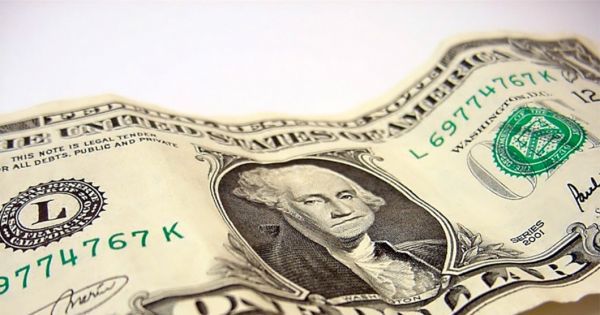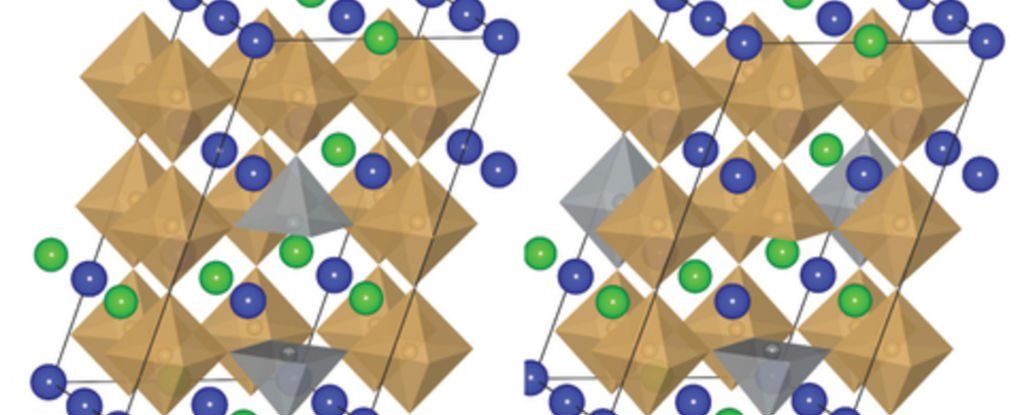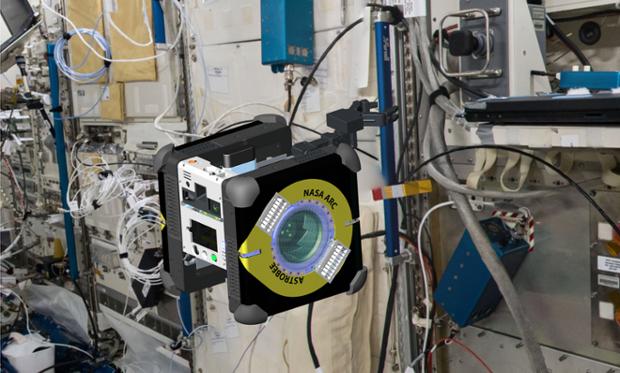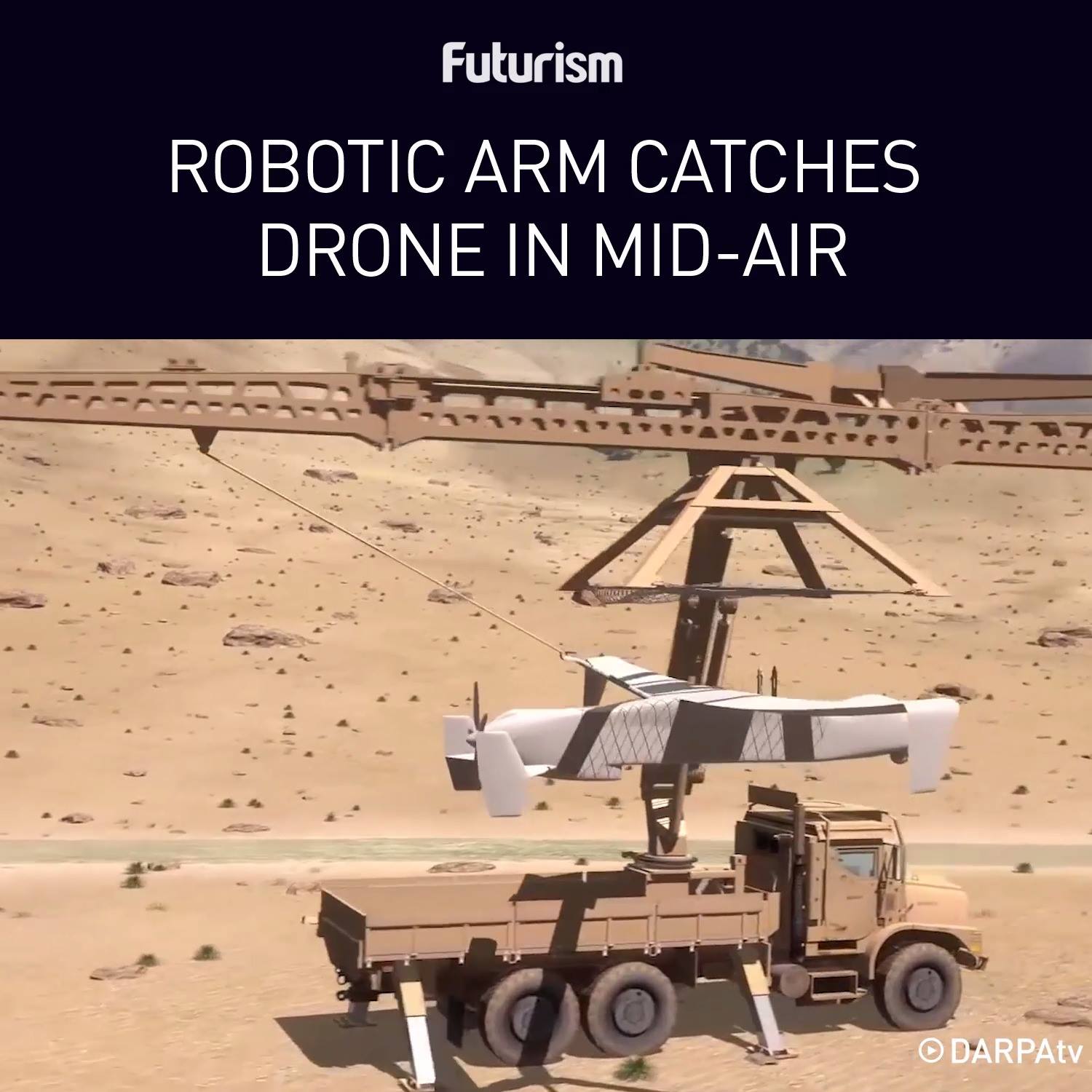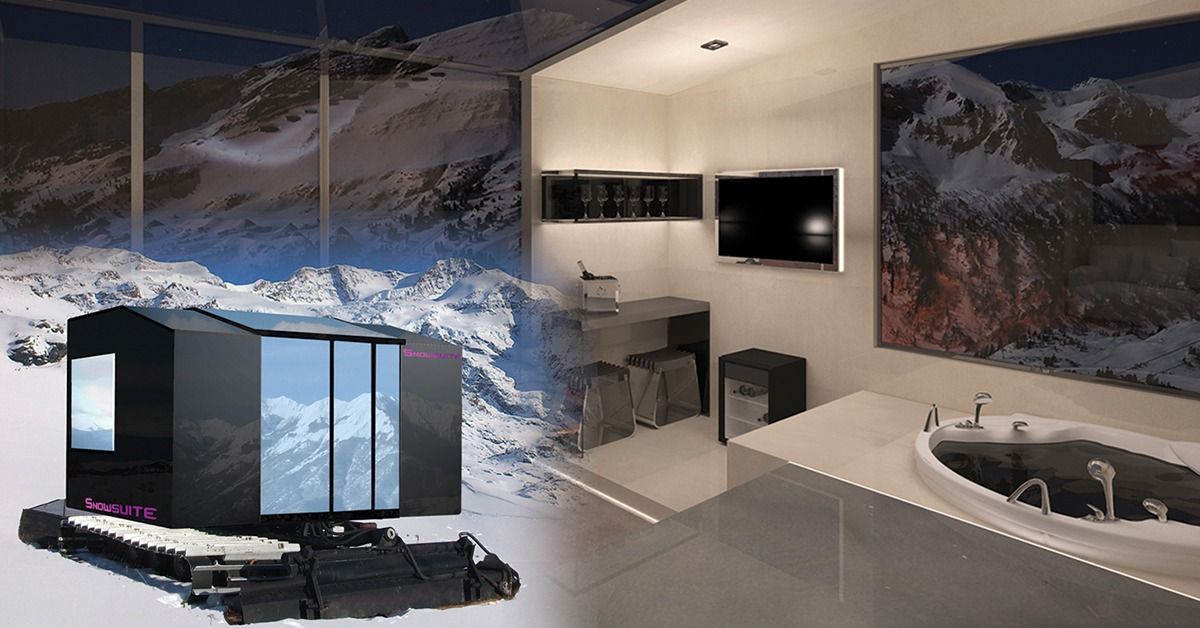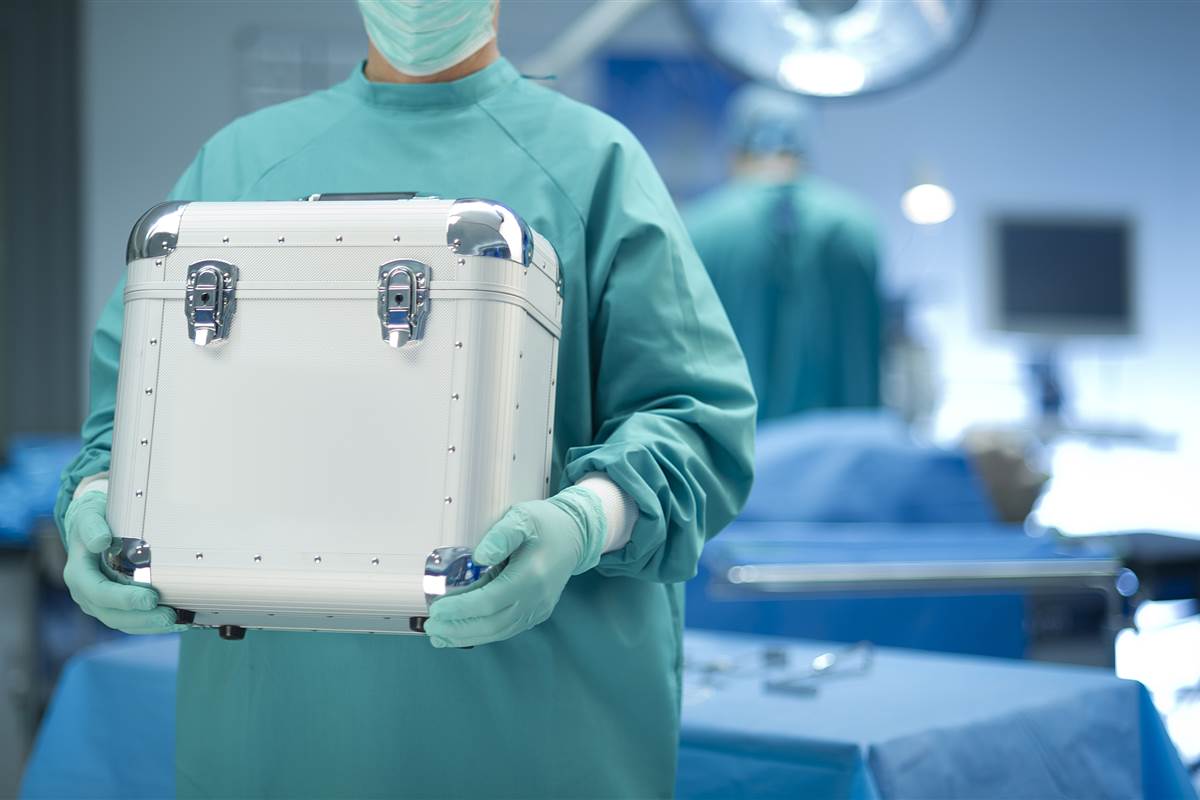Page 10234
Feb 11, 2017
This New Material Can Turn Sunlight, Heat, and Movement Into Electricity
Posted by Shane Hinshaw in categories: solar power, sustainability
Scientists have discovered that a certain type of mineral has the right properties to extract energy from multiple sources at the same time — turning solar, heat, and kinetic energy into electricity.
The mineral is a type of perovskite — a family of minerals with a specific crystal structure — and this is the first time researchers have identified one that can convert energy from all three sources at room temperature.
Since the first perovskite solar cell was invented back in 2009, these minerals have been positioned as the ‘next big thing’ in renewable energy technology.
Continue reading “This New Material Can Turn Sunlight, Heat, and Movement Into Electricity” »
Feb 11, 2017
Astrobee: NASA’s Newest Robot for the International Space Station
Posted by Klaus Baldauf in categories: robotics/AI, space
Feb 11, 2017
YK Bae can now amplify photonic laser thrust
Posted by Klaus Baldauf in categories: military, solar power, space travel, sustainability
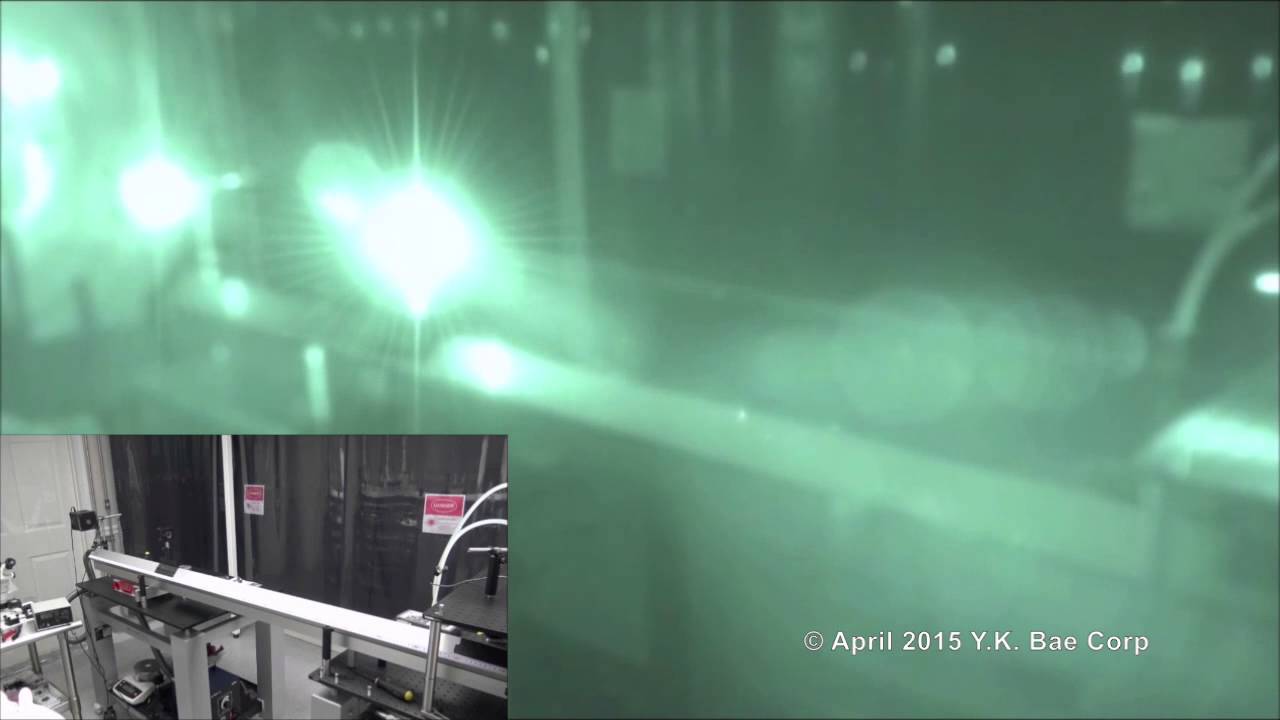
Young Bae of Advanced Space and Energy Technologies in Tustin, California, has improved his photonic laser thruster. was developed with NASA funding. His thruster works because light exerts pressure when it hits something. In theory, it is possible to move an object like a CubeSat by nudging it with a laser beam. In practice, however, the pressure which light exerts is so small that a device able to do a useful amount of nudging would require a laser of unfeasibly large power.
Dr Bae has overcome this limitation by bouncing light repeatedly between the source laser and the satellite, to multiply the thrust. In his latest experiments, Dr Bae has managed to amplify the thrust imparted by a single nudge of the laser by a factor of 1,500, which is big enough to manoeuvre a CubeSat as well as a conventional thruster would. This brings two advantages. First, since no on-board propellant is required, there is more room for instruments. Second, there being no fuel to run out, a CubeSat’s orbit can be boosted as many times as is desired, and its working life prolonged indefinitely.
Continue reading “YK Bae can now amplify photonic laser thrust” »
Feb 11, 2017
DARPA’s Robotic Arm Snatches Drones From Mid-Air
Posted by Bryan Gatton in categories: drones, robotics/AI
Feb 11, 2017
Will the world’s next megacity come out of a 3D printer?
Posted by Klaus Baldauf in category: 3D printing
Imagine a world where huge cities could be created with the click of a button.
It might seem like the stuff of science fiction, but that’s where 3D-printing technology is headed, according to one Dubai-based start-up.
Feb 11, 2017
Israeli-designed Cosmic Ray Vest Approved For Mars Trial
Posted by Klaus Baldauf in category: space travel
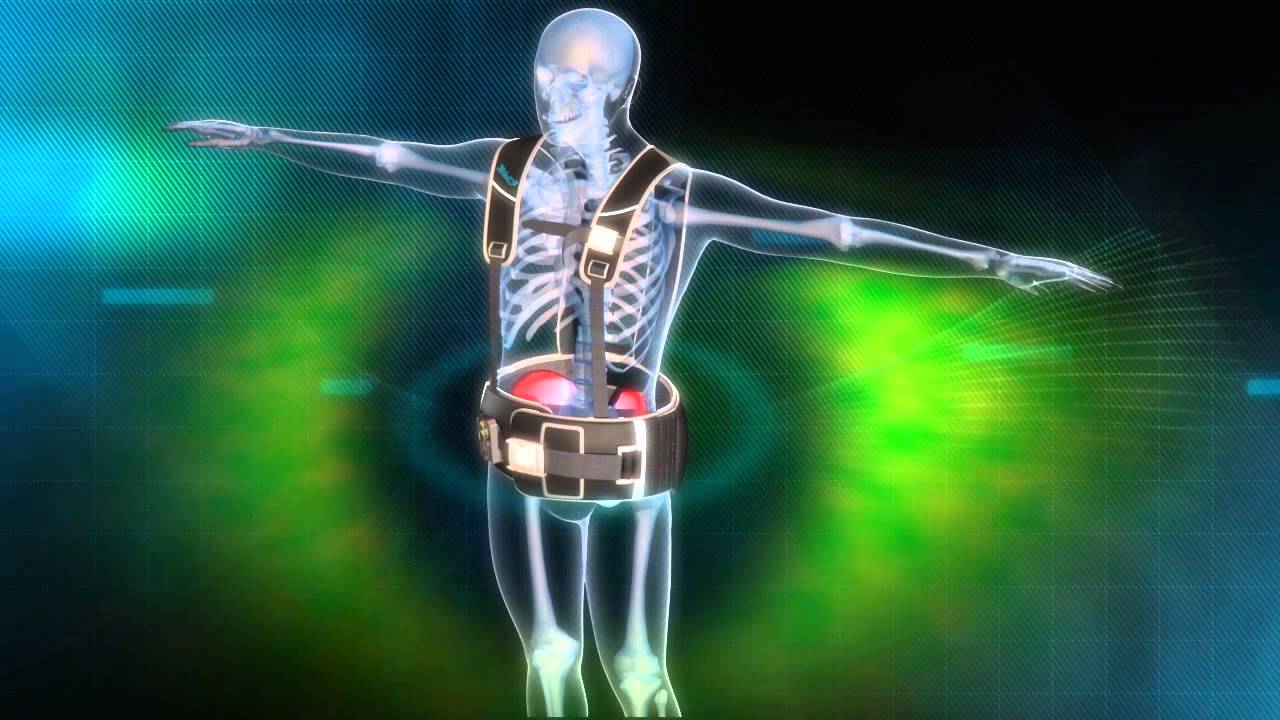
While it’s far too early to speculate on who will be the first humans to travel to Mars, we may have an idea of what they will wear: An Israeli-designed space suit.
Together with the Israel Space Agency and the German Aerospace Center, Israeli startup StemRad is suiting up to launch a trial of its new protective suit against cosmic gamma rays on the next flight of NASA’s Orion satellite.
Continue reading “Israeli-designed Cosmic Ray Vest Approved For Mars Trial” »
Feb 11, 2017
Home: Its name is Snowsuite, the yacht for the snow…
Posted by Klaus Baldauf in categories: habitats, transportation
Feb 11, 2017
3D Printing Will Change The Way We Make Things And Design Them In 2017
Posted by Klaus Baldauf in categories: 3D printing, materials
3D printing is profoundly changing not just how we make things, but how we design them as well. As well as saving materials, time, water and waste, it is also opening up possibilities for new products and is set to unleash a wave of innovation in the industrial sector.
Feb 11, 2017
Self-driving cars will create organ shortage — can science meet demand?
Posted by Dan Kummer in categories: 3D printing, bioengineering, biotech/medical, robotics/AI, science
It looks like Self Driving cars may create a US organ shortage that finally acts as the Kick in the Ass to force stem cell generated organs on to the market. Enough of the ‘in the future’ we might have these Nonsesne.
Science, however, can offer better a better solution.
The waiting lists for donor organs are long — 120,000 people on a given day — and ever increasing. With fewer donor organs to go around, researchers are working on other ways to get people the parts they need. With help from 3D printing and other bioengineering technologies, we will eventually be able to grow our own organs and stop relying on donors.
Continue reading “Self-driving cars will create organ shortage — can science meet demand?” »
